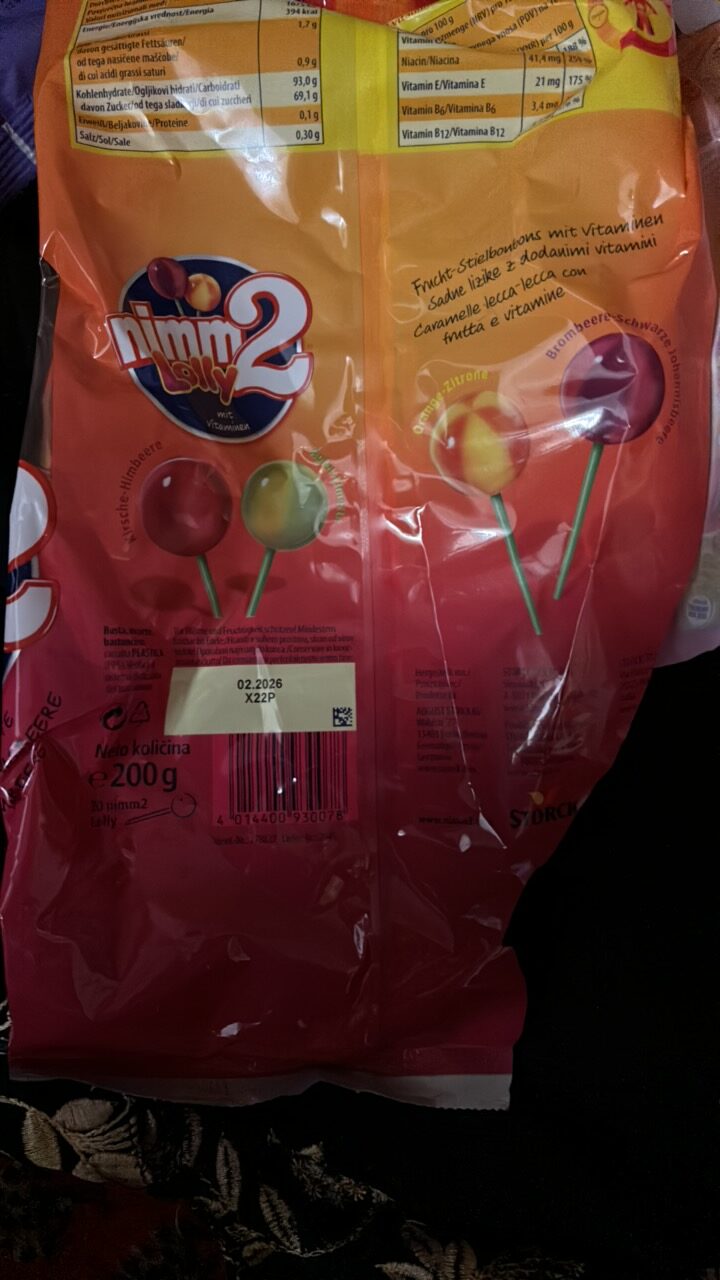
Barcode: 278827
nimm2
HARAM
📝 Reason: Product contains haram ingredients like Carmine.
📄 Certificates: None
Ingredients:
Details
Is nimm2 Halal? Let’s Explore Its Ingredients!
If you’re curious about the Halal status of nimm2 candies, you’ve come to the right place. In this comprehensive guide, we will delve into the ingredients that make up this popular treat, and why it has been classified as HARAM for consumption by those following a Halal diet.
Understanding Halal and Haram
Halal is an Arabic term meaning “permissible,” while Haram means “forbidden.” For Muslims, adhering to Halal dietary laws is essential for maintaining spiritual purity. Consuming Haram products can have significant implications for those who are mindful of their dietary choices.
Breaking Down nimm2’s Ingredients
The ingredients in nimm2 include:
- Citric Acid
- Cochineal / Carminic Acid
- Sunset Yellow FCF / Orange Yellow S
1. Citric Acid (E330)
Citric Acid is commonly used as a preservative and flavoring agent in various foods and beverages. Its E code is E330, and it’s generally considered Halal. Citric acid can be derived from natural sources such as citrus fruits or can be produced through fermentation.
Details: It acts as an antioxidant and a complexing agent, helping to maintain the product’s integrity. You can learn more about its Halal status here.
2. Cochineal / Carminic Acid (E120)
This is where things take a turn. Cochineal or Carminic Acid, identified by the E code E120, is derived from the cochineal insect. It is utilized as a natural dye to impart red coloring to a variety of foods. For many Muslims, this ingredient is problematic as it is considered Haram.
The use of animal-derived products, especially those involving insects, is not permissible in Halal dietary laws. More details on its status can be found here.
3. Sunset Yellow FCF / Orange Yellow S (E110)
This synthetic dye, designated as E110, gives the product its vibrant orange hue. While some sources consider it not explicitly Haram, it is advisable for consumers to avoid it due to potential health risks and the ambiguity regarding its source.
Learn more about E110 and its Halal implications here.
Final Thoughts
In conclusion, while nimm2 does contain Citric Acid, which is Halal, the presence of Cochineal / Carminic Acid makes the product overall Haram for those observing a Halal lifestyle. If you are looking for halal-certified products, it’s crucial to read the ingredient labels carefully and be wary of those that include animal-derived ingredients or ambiguous additives.
Choose Wisely
Individuals seeking Halal options should look for clear Halal certification and fully disclose ingredient lists. Always cross-reference with reliable Halal databases to ensure that you are making informed dietary choices. Stay tuned for more insights on Halal products and how to navigate your dietary options effectively!

